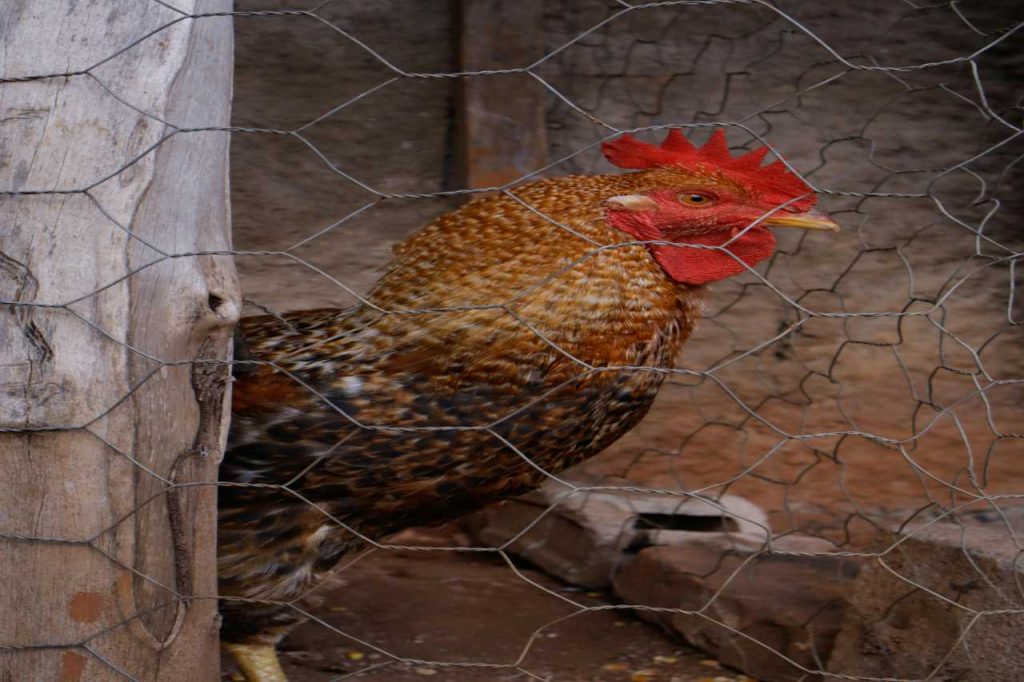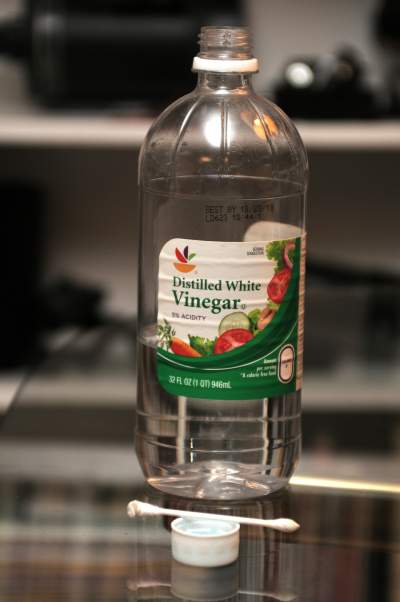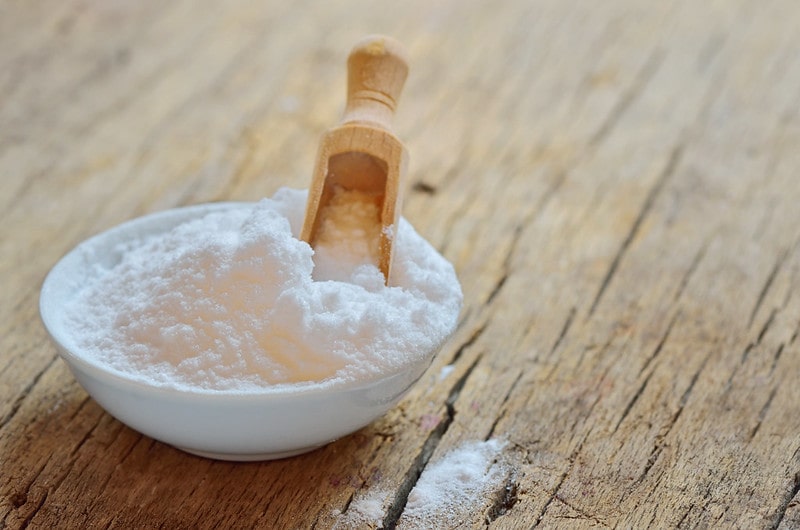A stress-free environment is essential for raising happy and healthy chickens. Chickens, like any animals, can experience stress from overcrowding, poor nutrition, predators, and even environmental changes. Stress can lead to decreased egg production, weakened immune systems, and behavioral issues. To ensure your flock thrives, it’s crucial to create an environment that minimizes stress. Here are expert tips for fostering a calm and healthy space for your chickens.
1. Provide Adequate Space
Overcrowding is one of the biggest sources of stress for chickens. When chickens don’t have enough space to move freely, it can lead to aggressive behavior, pecking, and bullying within the flock.
Tips:
- Indoor Space: Each chicken should have at least 3 to 4 square feet of space inside the coop.
- Outdoor Space: Provide at least 10 square feet per chicken in the run for them to scratch, forage, and exercise.
- Perches: Include enough roosting perches to prevent fighting and to ensure every chicken has a spot to rest at night.
2. Offer a Balanced Diet
Nutrition plays a critical role in reducing stress. Poor-quality feed, lack of access to fresh water, or an imbalanced diet can weaken your chickens’ health and lead to unnecessary stress.
Tips:
- Quality Feed: Ensure your chickens receive a well-balanced, complete feed appropriate for their age and purpose (layer, broiler, etc.).
- Treats in Moderation: While treats like scratch grains or kitchen scraps are fun, limit them to no more than 10% of their diet to ensure they get proper nutrients from their regular feed.
- Fresh Water: Provide clean, fresh water at all times, especially during hot weather. Dehydration can quickly lead to stress and health problems.
3. Maintain Proper Coop Ventilation
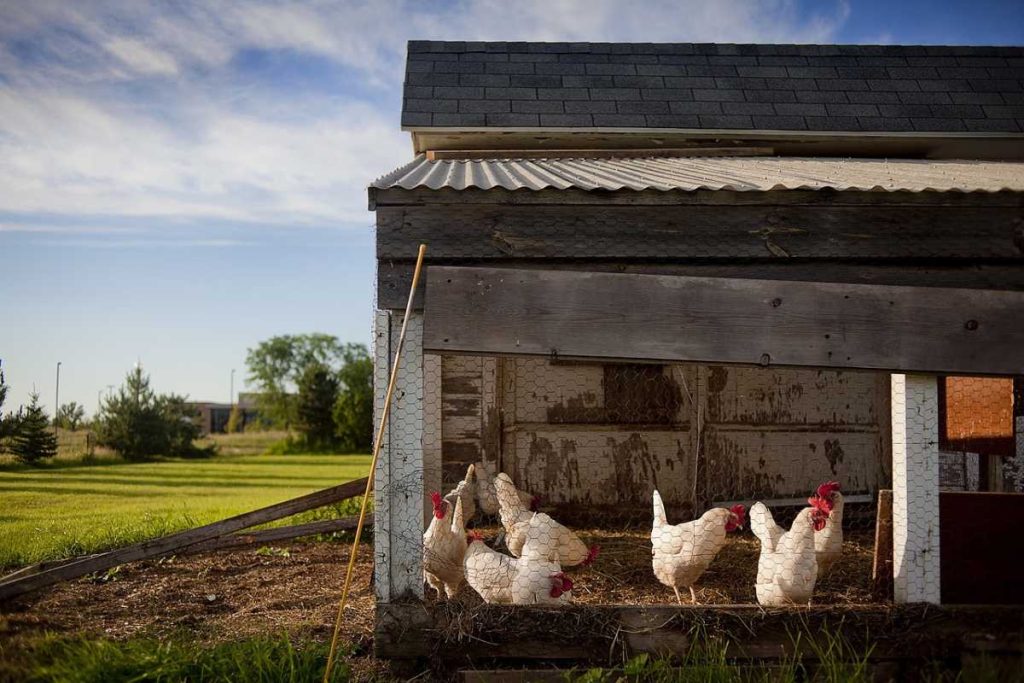
Good airflow is vital for maintaining a healthy coop environment. Poor ventilation can lead to a buildup of ammonia from droppings, moisture, and heat, all of which can stress chickens and lead to respiratory issues.
Tips:
- Windows and Vents: Install windows and vents to ensure cross-ventilation, but avoid drafts that could chill chickens in cold weather.
- Bedding Maintenance: Keep bedding dry and clean to reduce ammonia buildup. Regularly remove soiled bedding and replace it with fresh material like straw, wood shavings, or hemp.
- Positioning: If possible, face the coop toward the prevailing breeze to naturally help with ventilation, but avoid exposing the coop to direct winds.
4. Create Safe and Secure Housing
Fear of predators is a significant cause of stress for chickens. Chickens are naturally wary animals, and any sign of a threat can trigger anxiety within the flock.
Tips:
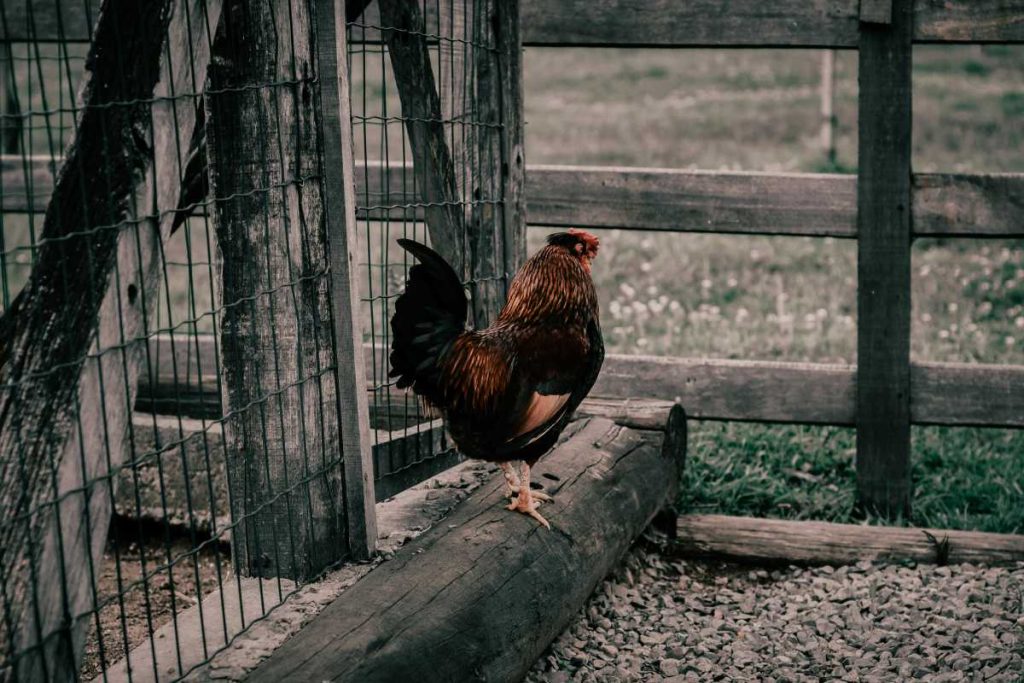
- Predator-Proof Coop: Reinforce the coop and run with hardware cloth rather than chicken wire to prevent predators like raccoons, foxes, or snakes from getting in.
- Secure Perimeter: Make sure the coop and run are completely enclosed, including an apron of wire buried underground to prevent digging predators.
- Routine Checks: Regularly inspect the coop for holes, gaps, or signs of predator activity to keep your chickens safe and calm.
5. Provide Mental and Physical Enrichment
Boredom can lead to stress in chickens, resulting in feather-pecking, bullying, and restlessness. Keeping chickens entertained and mentally stimulated is essential for reducing stress and promoting natural behaviors like foraging.
Tips:
- Foraging Opportunities: Scatter feed or scratch grains in the run to encourage natural foraging behaviors.
- Toys and Perches: Add logs, roosts, or chicken toys for climbing and exploration.
- Dust Baths: Provide a designated dust bathing area with fine sand or dirt, which allows chickens to clean themselves and helps with mite control.
- Rotational Grazing: If possible, rotate the chickens’ access to different areas of the yard or pasture to keep their environment fresh and exciting.
6. Limit Environmental Changes
Chickens thrive on routine, and sudden changes to their environment or care can lead to stress. Avoid unnecessary disruptions and introduce changes gradually whenever possible.
Tips:
- Stable Routine: Keep a consistent feeding, cleaning, and care schedule.
- Gradual Introduction of New Flock Members: If you’re adding new chickens to the flock, introduce them slowly to prevent fighting and stress. Use a partition to let the existing and new chickens see each other without direct contact until they become accustomed.
- Minimize Loud Noises: Chickens can be startled by loud noises, so keep your coop away from areas with excessive traffic or sudden sounds.
7. Provide a Quiet and Safe Roosting Area
Chickens need a quiet, safe place to rest and sleep at night. If they are disturbed by predators, noise, or cramped roosts, their stress levels can increase.
Tips:
- Roosting Bars: Make sure there are enough roosting bars for all chickens, and they are positioned at least 2 feet off the ground.
- Dark and Quiet: The coop should be dark and quiet at night. Use solid walls and doors to prevent outside light and noise from disturbing their rest.
- Reduce Roosting Conflicts: Space out perches to prevent overcrowding and fighting over roosting spots.
8. Monitor Health Regularly
Illness and injury can cause stress in chickens, and stress can in turn weaken their immune system. Regular health checks help you catch problems early and treat them before they become major issues.
Tips:
- Weekly Health Inspections: Check your chickens weekly for signs of illness, such as pale combs, lethargy, loss of appetite, or unusual droppings.
- Isolate Sick Birds: If a chicken becomes sick, isolate it from the flock to prevent the spread of disease and reduce stress on the other birds.
- First Aid Kit: Keep a chicken first aid kit on hand with essentials like wound spray, electrolytes, and wormers to treat issues quickly.
Conclusion
Creating a stress-free environment for your chickens is key to their overall health, well-being, and productivity. By providing enough space, proper nutrition, secure housing, mental enrichment, and consistent care, you can significantly reduce stress and ensure a happy, healthy flock. Keeping chickens should be an enjoyable experience for both you and your birds, and by following these expert tips, you’ll create a peaceful, thriving environment for your feathered friends.

